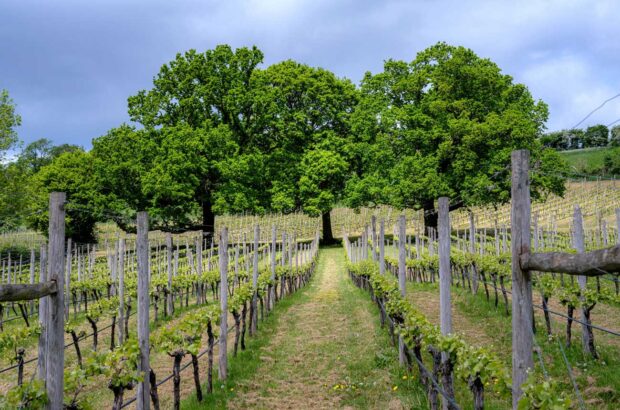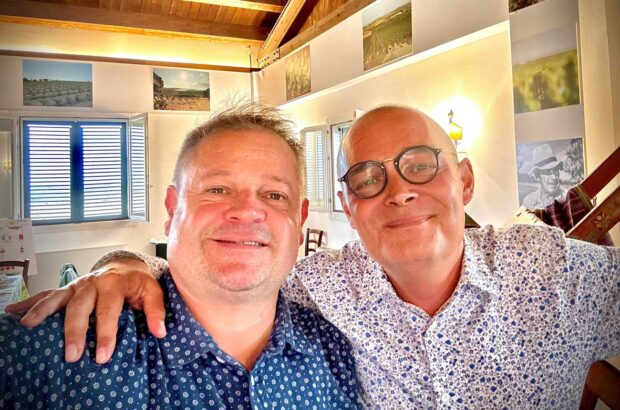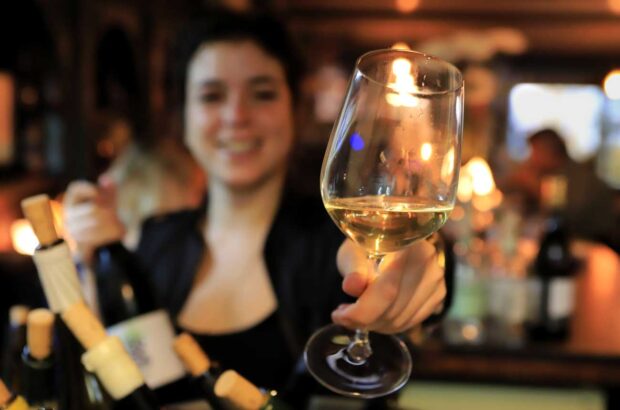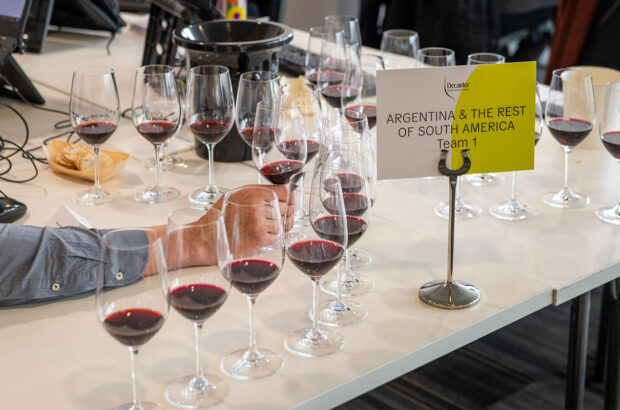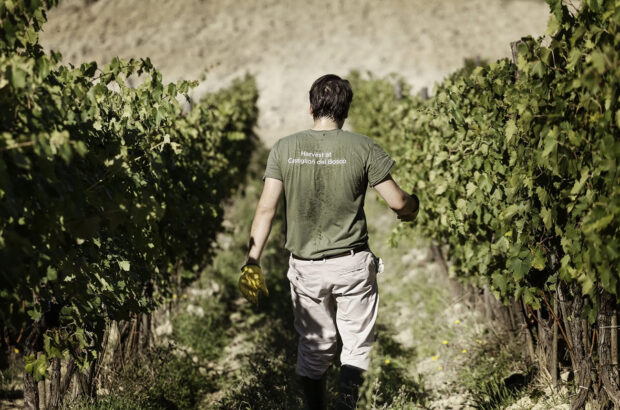Investing in so-called lesser vintages from first growth Bordeaux chateaux can yield a similar return to the best years from the same estates, if buyers have the time to wait, suggests new research.
Wines from Bordeaux’s most critically acclaimed vintages rose quickly in value during the first couple of decades after release, but wines from mediocre or poor vintages eventually caught up with the great ones, according to research published by the University of Cambridge this week.
The bad news is that investors might have to wait 50 years for a lesser vintage to appreciate to the same extent as a great one, said the study.
The study makes a case for investing in wine, despite recent price falls for classed growth Bordeaux from the left bank over the past three years.
The concept of investing in wine for financial returns, rather than to drink, has become more popular in the last couple of decades, as evidenced by the emergence of dedicated wine investment funds, researchers said.
A study by Barclays bank in 2012 found that one quarter of the people it identified as ‘high net worth’ individuals had a wine collection, which represented 2% of their wealth on average.
Research teams analysed 36,000 prices from auction house Christie’s and UK merchant Berry Bros & Rudd for wines spanning vintages from 1899 to 2012, in what they described as the largest study of its kind.
The only wines analysed were Bordeaux’s five present first growths from the left bank: Chateaux Lafite, Mouton Rothschild, Margaux, Haut-Brion and Latour.
They found that wines from these estates on average has generated a real-terms return on investment of 4.1% annually, which is around double that of fine art. Wine also beat returns on government issued bonds, which is traditionally seen as a safe investment.
‘Not surprisingly, the relative difference in price levels between high-quality and low-quality vintages is smaller for very old wines than for young wines, given that consumption quality slowly becomes irrelevant and the ‘psychic dividend’ of owning the wine takes over,’ said the researchers.
However, investing in wine is far from an exact science. Recent analysis by fine wine trading platform Liv-ex found that en primeur buyers of the highly rated 2009 and 2010 Bordeaux vintages would lose money if they tried to sell the wines in the present climate.
Written by Chris Mercer



